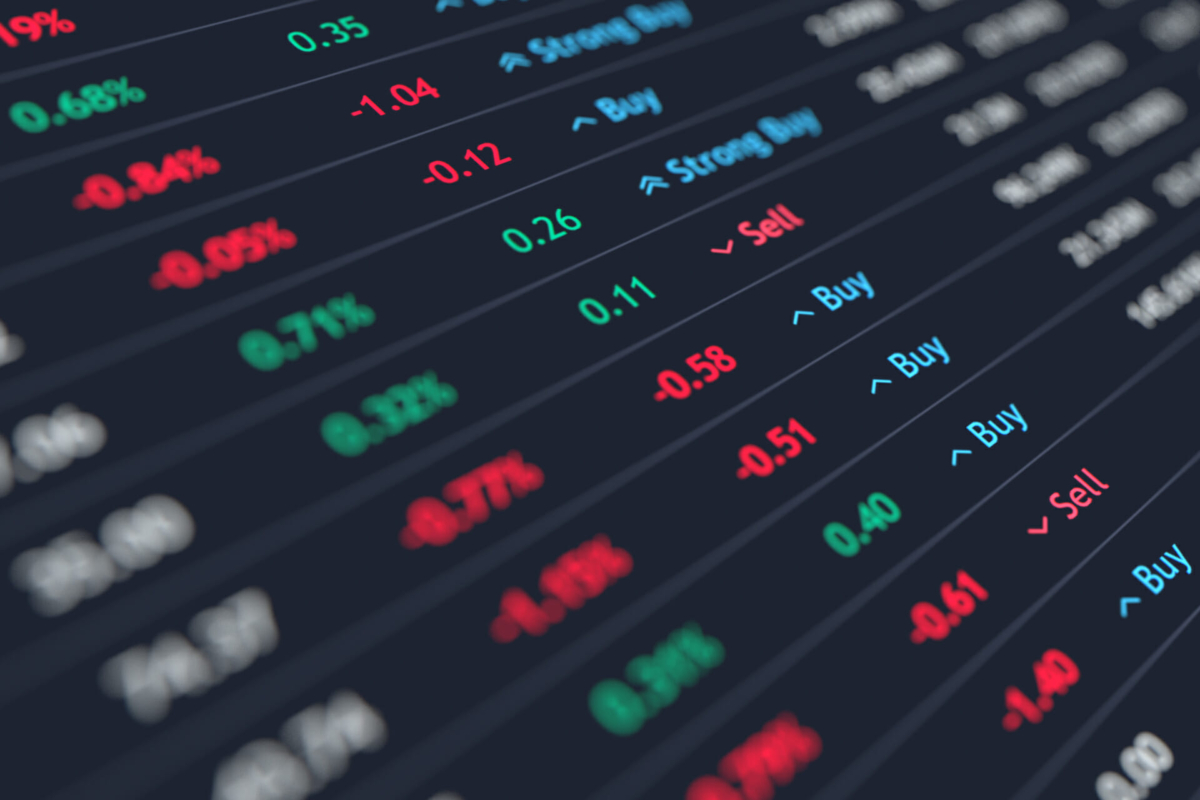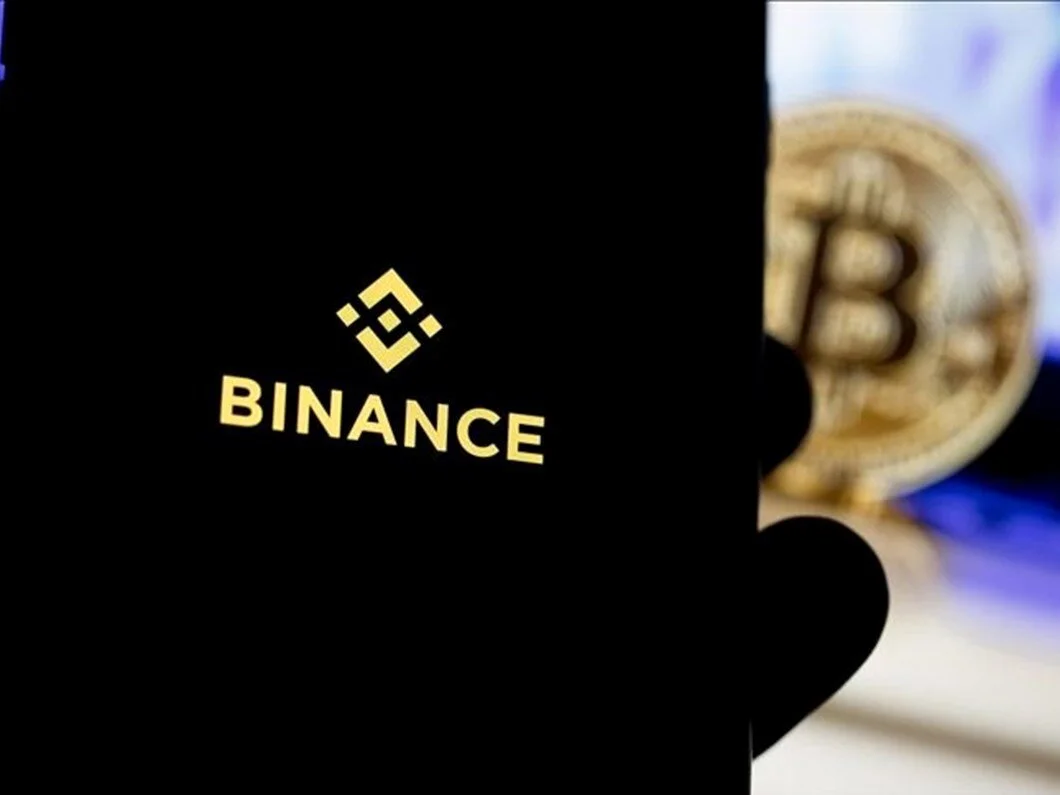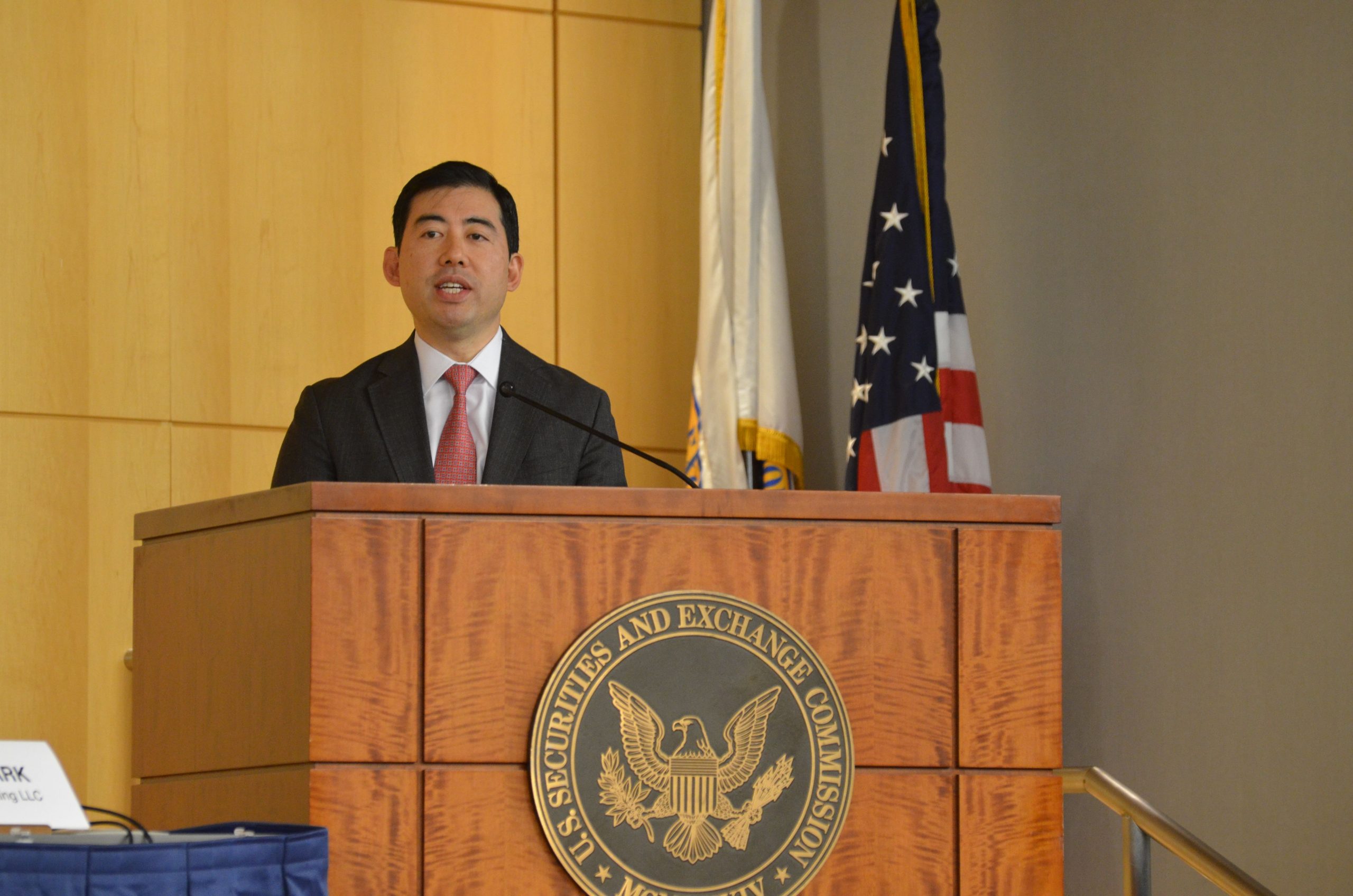In a major development for the bitcoin and altcoin world, at least two major crypto exchanges have followed Binance’s lead by removing Russian banks under international financial sanctions from their payment options. Tinkoff Bank and Sberbank, two of Russia’s leading financial institutions, are no longer available on the list of peer-to-peer (P2P) transactions on Bybit and OKX. Here are the details…
Two Bitcoin exchanges, Tinkoff and Sberbank, suspend operations
According to reports from Russian media sources, local users have been impressed as they can no longer receive fiat money in exchange for cryptocurrencies using their Tinkoff Bank or Sberbank accounts on OKX and Bybit’s P2P platforms. Despite these changes, no official announcement has been made by representatives of both companies through official channels.

Although these actions took place without official disclosures, it is important to note that OKX still retains users’ options to receive fiat currency through their accounts at the Russian branch of Raiffeisen Bank and Russian Standard Bank. It is noteworthy that these two financial institutions have not been subject to sanctions imposed by the US Treasury.
Binance’s steps are being followed
The refocusing on the presence of sanctioned Russian banks as payment options on crypto exchanges began with a report by The Wall Street Journal revealing that Binance lists Tinkoff Bank and Sberbank as transfer methods. But on August 24, users noticed that Tinkoff and Sberbank had disappeared from the Binance P2P platform, although the visual indicators representing the brand colors “yellow” and “green” remained available. The next day, The Wall Street Journal reported that these sanctioned banks had been removed from the list altogether, citing a Binance spokesperson’s statement. Despite the supposed removal of these sanctioned banks, further investigation revealed that Binance P2P users are still posting sales leads using “green bank” as their preferred payment option.

While these users also mention other payment methods such as Russian Standard Bank or Ak Bars Bank, they clearly state in their “advertiser terms” that they will only accept transfers made through the “green bank”. It is seen that similar applications continue on platforms such as OKX and Bybit. Here, traders specifically communicate and offer options for clearing through sanctioned banks, unlike recent changes in policies. This development highlights the complex interaction between the crypto industry and global financial regulations. As the environment continues to evolve, we will see how exchanges and users will overcome these challenges while striving for transparency and compliance.







